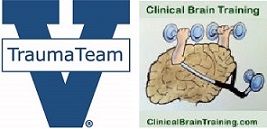The ability to present patients succinctly and effectively is one of your most important skills. I go over some of my thoughts on the subject, and give a variety of sample presentations to demonstrate how I think it should be done. Thanks for listening. JY
(original podcast screwed up at end, please re-download)
Podcast: Play in new window | Download




 Subscribe in iTunes
Subscribe in iTunes